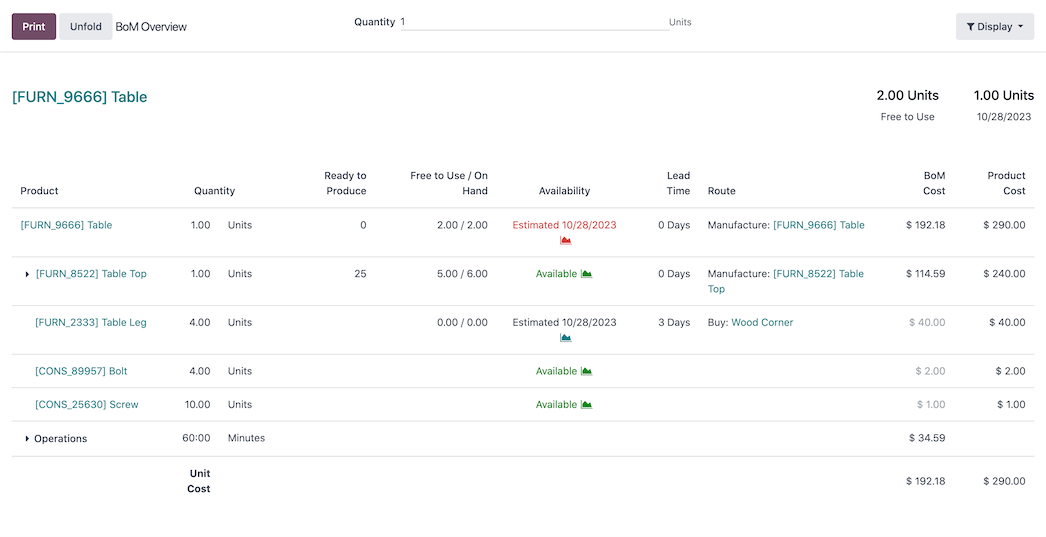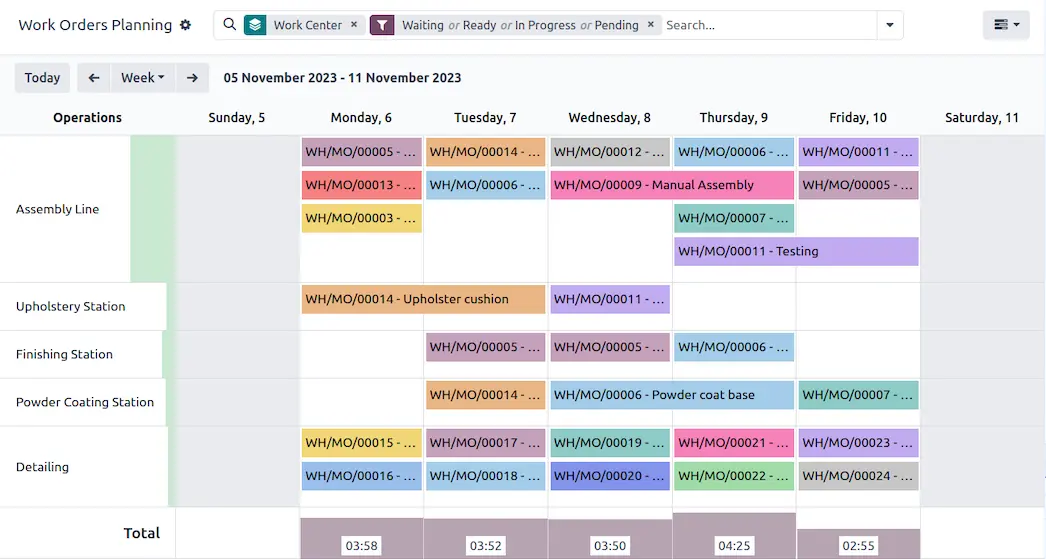In recent years, Japan's manufacturing industry has faced significant challenges in maintaining its competitiveness. According to a report by the Nikkei on January 15, 2025, 64% of manufacturing workers believe that Japan’s competitiveness will decline in the future. This survey highlights the growing sense of crisis within the industry.
According to the Cabinet Office's National Economic Accounts (2023), manufacturing accounts for 20% of Japan's GDP, making it undeniably one of the backbone industries of the Japanese economy. However, in recent years, the rise of foreign companies and the low-cost competition from emerging countries have caused many companies to lose market share. The Ministry of Economy, Trade, and Industry's White Paper on Manufacturing (2024 edition) notes that the ratio of overseas sales for Japan's major manufacturing companies has increased sharply over the past 20 years. While global sales have expanded significantly, profit margins remain low. A major reason for this is the increasing complexity of management associated with global business expansion.
In light of these challenges, the Ministry of Economy, Trade, and Industry is promoting DX (Digital Transformation) as a critical initiative to enhance Japan’s manufacturing industry’s earning potential. Supporting this effort, the need for ERP (Enterprise Resource Planning), a key tool for business efficiency and DX, continues to grow. According to Yano Economic Research Institute, the domestic ERP market in 2023 saw a 9.5% increase from the previous year, indicating steady growth, with many companies advancing ERP adoption.
In this article, we will explore how Odoo’s ERP can contribute to enhancing the competitiveness of Japan's manufacturing industry.

Factors Hindering the Competitiveness of the Manufacturing Industry
Several factors are hindering the competitiveness of the manufacturing industry:
- Dependence on Individuals: Many tasks are dependent on individual employees, making it difficult to share knowledge across the organization, leading to decreased efficiency.
- Labor Shortages: Difficulty in recruiting younger workers is slowing down progress, which ultimately impacts competitiveness.
- High Manufacturing Costs: Companies without efficient production systems are experiencing high manufacturing costs, weakening their competitiveness.
- Legacy Systems: Outdated systems hinder business process efficiency.
- Manual and Inefficient Processes: Many processes remain manual or inefficient, wasting time and resources.
Key ERP Functions for the Manufacturing Industry
In the manufacturing industry, an ERP system is essential for improving business efficiency and enhancing competitiveness. Odoo offers a wide range of features to meet the diverse needs of the manufacturing sector:
- Demand Forecasting and Production Planning Optimization: By using sales data and shipping records, demand forecasting prevents overproduction and stockouts, improving production efficiency.
- Procurement Management Efficiency: Odoo’s procurement app helps streamline the acquisition of necessary raw materials and components, preventing over-purchasing and stockouts.
- Inventory Management Optimization: Using the inventory app, companies can monitor real-time stock levels and optimize warehouse operations while maintaining optimal inventory.
- Management of Bill of Materials and Design Changes: Odoo helps efficiently manage the bill of materials and design changes, improving product quality and reducing lead times.
- Visibility and Optimization of Manufacturing Costs: Odoo tracks and visualizes costs incurred during the manufacturing process, helping reduce unnecessary expenditures.

Why Choose Odoo ERP?
- Comprehensive All-in-One Management
Odoo allows you to manage all operations, such as manufacturing, inventory, sales, and CRM, in one place. This improves interdepartmental data sharing and enhances business efficiency and accuracy. Odoo is also flexible enough to accommodate future business expansion, allowing you to add new apps and modules as needed. - Exceptional Cost Performance
Odoo provides over 80 apps at a flat rate, offering a highly cost-effective solution. It supports businesses of all sizes, from small to large, helping reduce costs across the board. - Trusted by Over 13 Million Users Worldwide
Odoo is trusted by over 13 million users worldwide and is ideal for businesses aiming to expand internationally. With multilingual support and features that adapt to local regulations, Odoo makes global expansion easier.
Which Odoo Apps Should You Use?
Next, let's consider the Odoo apps that should be used to create a step-by-step implementation plan:
Inventory App:
Real-time inventory management and automatic reorder point settings ensure efficient warehouse operations. This helps prevent overstocking or stockouts and optimizes inventory levels.
Manufacturing App:
Utilize Materials Requirements Planning (MRP) to optimize production schedules, eliminate waste, and ensure smooth manufacturing operations.
Sales App:
Manage order processing and customer information in one place, enabling quick delivery updates and enhanced customer service.
Procurement App:
Plan purchasing activities efficiently and strengthen interdepartmental collaboration. This streamlines the procurement process and helps reduce costs.
Implementing these apps will improve overall efficiency, prevent excess inventory or stockouts, provide better visibility into production plans, and enhance quality management. Strengthening interdepartmental collaboration will also make workflows smoother, leading to cost reductions and increased competitiveness.

Odoo: A High-Performance Global ERP That Supports Manufacturing Competitiveness
Implementing ERP goes beyond just software installation; it is a pivotal business transformation to optimize resources for efficiency.
Odoo is the ideal ERP system for enhancing efficiency and competitiveness in the manufacturing industry. Its extensive range of applications supports demand forecasting, production planning, procurement, inventory management, and quality control—everything needed for manufacturing.
By preventing overproduction, stockouts, reducing lead times, and cutting costs, Odoo drives overall business efficiency. Additionally, real-time data analysis allows for immediate decision-making, maintaining a competitive edge.
Furthermore, Odoo is globally deployed, providing flexibility for managing overseas operations and expanding internationally. It supports the creation of unified business operations across global locations, offering strong support in the global manufacturing competition.
Odoo manufacturing app ? See more
